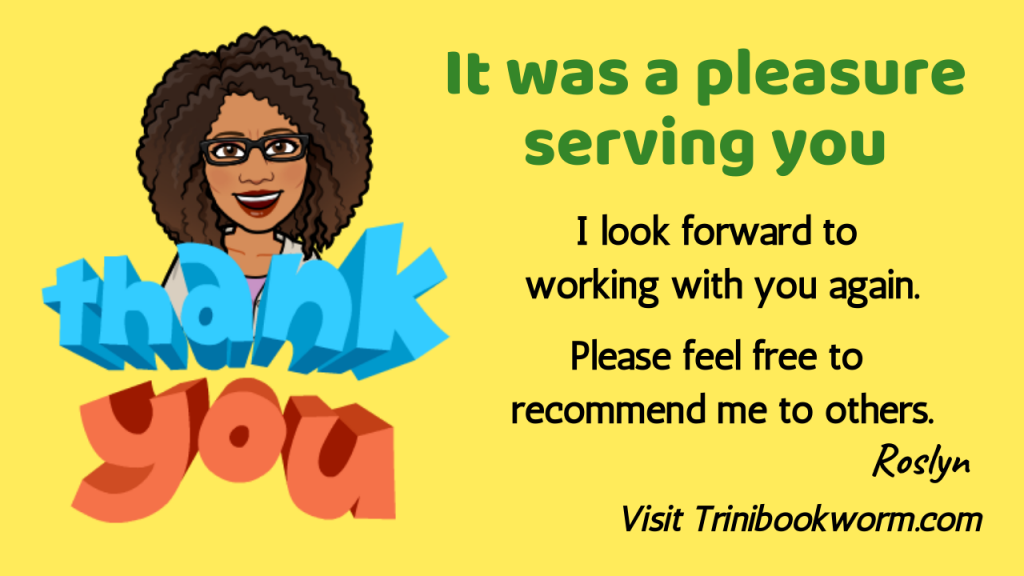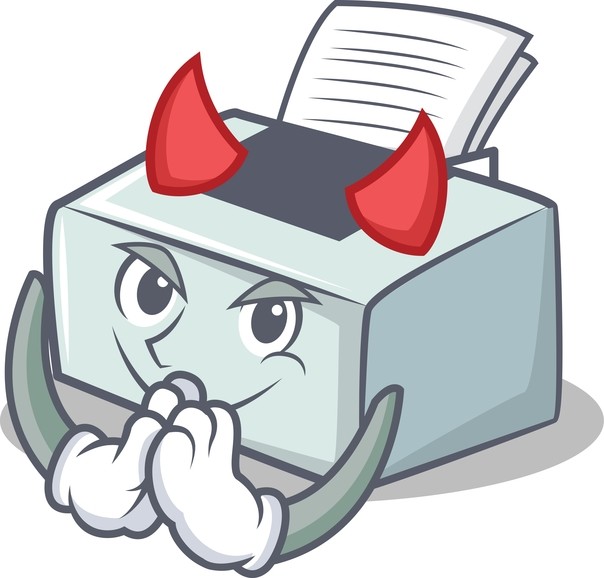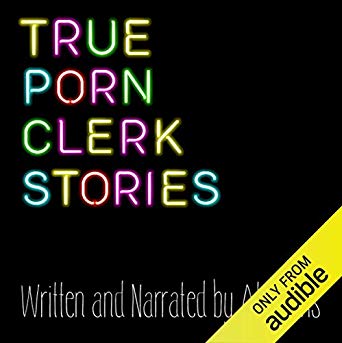
In the last week of January, days before my XXth birthday (but that’s irrelevant), I began taking Upwork seriously. I’d signed up on a whim some time last year and never returned. Now, with the local economy sucking as it currently does, it was clear that if I was to continue to enjoy my indoor-pool, designer crockpot, Bahamas-vacation lifestyle, I was going to have to look beyond these shores for work. Hence, the freelance site, Upwork.
In just three months, I’ve been upgraded to Top Rated status, with straight five-star reviews and a customer satisfaction rating that vacillates between 96% and 100%. Not being boasty; being facty. And today I want to share with my fellow freelancers and side-hustlers what I’ve learned.
Much has been said about how hard it is to eke out an existence on freelance sites, but if you learn the tricks, you can make a good living.
Upwork is more than writing
I’m a writer and editor, yes, so that’s the field I’m registered in, but as long as you can deliver a service long distance, whatever it may be, there are people looking for you.
Work that profile
I spent days on my profile, polishing and primping, checking it over again and again, making sure I looked as good as a Miss World pageant applicant, shiny teeth and all. I thought about everything a client would want to know about me, and everything I have achieved that might put me ahead of the competition. This is not a time for modesty.
Check the job listings frequently
Check the job listings relevant to your field of expertise several times a day. In just an hour, an attractive listing can garner 20 applications. You want to be in early.
Check them first thing when you get up and last thing before you go to bed. Remember there are English-speaking clients on the other side of the world—Australia, New Zealand, South Africa, etc.—who are up and posting while you sleep. Get in on that!
Keep your proposals clear, thoughtful and appropriate
Be clear about what you are offering, how and when you intend to deliver. Don’t apply for a job if you have doubts about your ability to fulfill their requirements. You will screw that shit up, and a pissed-off client will blast you in the reviews.
Speaking of which . . .
Remember you are being monitored
All the time. Clients can review your performance after your contract is up, and you can review theirs. Upwork also has an algorithm running in the background that measures “customer satisfaction” according to a number of undisclosed factors. These include how fast you respond, how fast you deliver, how many clients come back asking for you, etc.
There are a few traps I consider unfair. For example, if a client chooses not to review you, it is considered negative, so your rating is affected even when there is no activity. I had a client who was so excited he gushed about what I’d done and rehired me, but he’s not good with computers so couldn’t find the review button. No stars for me, and Upwork thinks he’s pissed off.
I also learned that if the FREELANCER clicks “end contract” it mitigates against you, as opposed to if the CLIENT does. Sucks, eh?
Ask for your review
If your client doesn’t fill out the review field, politely ask, explaining that it impacts on your future jobs. Most of them comply.
Read your proposal carefully
Some clients bury traps and loopholes in their job listing to catch out the slackers who madly apply for every damn job. Like, at the end of a long listing, they will ask you to write “Butterfly” at the start of your proposal. This is to ensure that you have read the entire thing.
Proofread, proofread, proofread
Don’t let a perfectly good proposal be overlooked because of a misspelling or grammatical error. If they have 20 people to choose from and you spell something wrong, consider your ass kicked to the curb.
Separate yourself from the herd

Clients receive a dazzling number of proposals, especially for the more lucrative posts. How do they choose? Apart from your excellent profile, your qualifications and your carefully framed post, they choose YOU for YOU.
I have asked clients why they picked me out of the pack, and they have all told me, apart from my experience and portfolio, it was my personality. Your proposals must be warm, approachable and fresh . . . but still businesslike. They ain’t your buddy.
Suck it up
Prosperity on Upwork is built upon your reputation, ratings, and experience. You need to put some time in the trenches for people to take you seriously. This means that at the outset, you must be willing to take jobs for a little less that you’re normally earn IRL.
Think of it as paying your dues, or making a sacrifice for free advertisement. Your focus at the outset must be on EARNING YOUR STARS. My first job, I was paid US$35. And I worked on that project FOR DAYS. The result was a five-star rating, an invitation to become one of their permanent writers (I declined) and the promise that they will come to me whenever they have another book to edit. Two of my clients have since offered me 10-book and 6-book contracts for a tidy sum of money.
In time, as your profile rises, you will no longer have to go looking for them; they will come looking for YOU.
Hang on to your self-respect
By the same token, don’t be so focused on building your stars that you let people take advantage of you. There are clients out there who, like certain *cough* jeans and sneaker companies, have no problem leveraging their first-world status over us third-worlders. But you do not live in Bangladesh. You cannot feed your entire tribe on $1 a day.
I will never forget the client who, in my first week, very snidely and patronisingly offered me US$2 for each 500-word article I wrote. “You can get stars,” he dangled before me, “and you can write as many a day as you like!”
Um . . . IRL I get TT$1 a word from my corporate clients. I declined as sweetly and politely as I could, even though the urge to cuss him and all his generations was strong in me. I kept it classy.
Get yourself a Payoneer card
For my Trini homies, it can be hard to sign up with these sites if they demand a US bank account. You can get around that by applying for a Payoneer debit card. It’s secure and reliable, and Upwork pays directly to it. Try Payoneer.com .
Every client is a VIP
It doesn’t matter if they’re paying you $50 or $300; their job is important to THEM. Treat it as such. Give your all, no matter what you’re earning. Be respectful, hard-working, and honest with your time calculations. Every job you deliver should be the best you have ever done. Their happiness (and your stars) will be your reward.
Google your client
Try to find their Facebook, Insta, Twitter, whatever. You might learn a bit about them, and how to approach them. You might also get some red flags. I was very excited about one client I applied to. The job sounded so cool . . . and then I discovered in several online newspapers that he was indicted for a series of major federal offences and was looking at doing a dime behind bars if he was ever convicted.
So, yeah.
Keep at it
Upwork is a commitment. Like a delicate houseplant, it needs daily attention. But if you water it, feed it, give it lots of air, sunlight and love, it will thrive.
What do you think? Any experiences to share? comment below.









